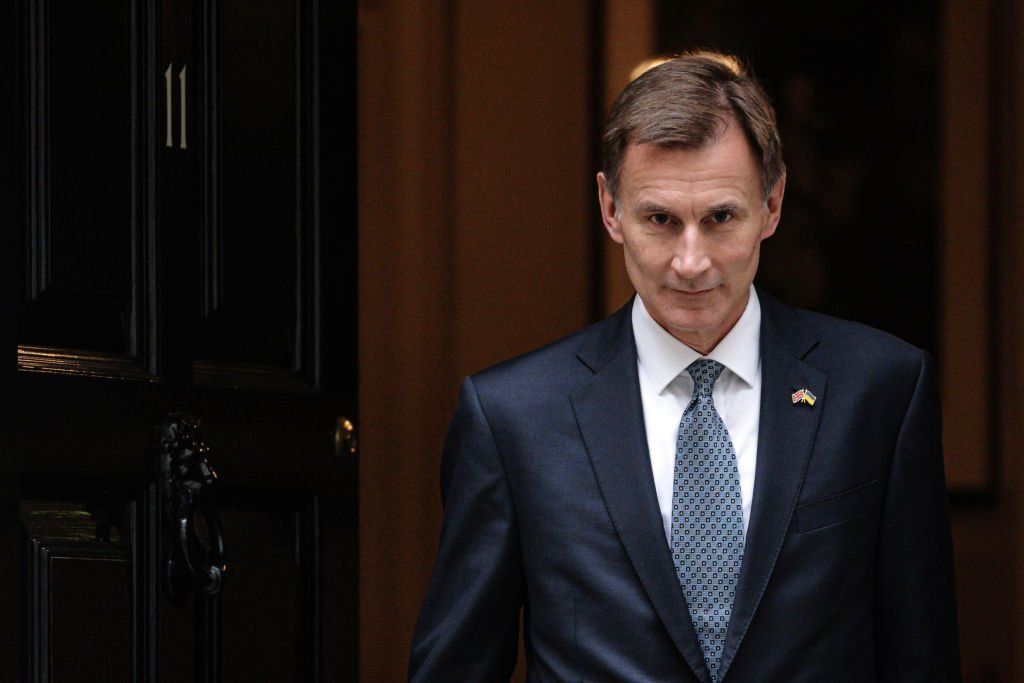
Chancellor Jeremy Hunt will unveil his Budget on Wednesday.
He’ll say how much money the government will take in taxes, and what it will spend it on.
What is the Budget?
Each year, the chancellor of the exchequer – who is in charge of the government’s finances – makes a Budget statement to MPs in the House of Commons.
It outlines the government’s plans for raising or lowering taxes and includes big decisions on spending on health, schools, police and other public services.
When is the Budget?
The speech will be delivered on Wednesday, 15 March.
It usually starts at 12:30 GMT and lasts about an hour. Labour leader Sir Keir Starmer will respond in the Commons immediately afterwards.
The independent Office for Budget Responsibility (OBR) – which monitors government spending – then publishes a report on how the economy is doing.
What could be in this Budget?
The economic outlook for 2023-24 is slightly less bleak than it was last year.
But public finances remain fragile, with the soaring cost of living and support for energy bills driving up government borrowing. Mr Hunt says he is unlikely to be able to make “significant” tax cuts.
However, he is under pressure to help struggling households and a number of measures could be announced:
Energy support expected to be maintained
Currently, the government limits the energy bill for a typical household to £2,500 a year. This is due to rise to £3,000 on 1 April.
However, the chancellor is expected to keep the Energy Price Guarantee at current levels for a further three months.
Campaigners and opposition parties say falling wholesale energy prices have sharply cut the cost of offering support.
The government has also promised to bring prepayment energy charges in line with those for direct debit customers.
Help to reduce childcare costs
Families on universal credit could get more help – receiving childcare funding upfront, instead of having to claim it back.
The £646-a-month per child cap on support for universal credit claimants is also expected to be raised by several hundred pounds.
However, Mr Hunt has signalled that more childcare support for other families is unlikely.
Rise in tax-free pension allowance
The chancellor is expected to increase the lifetime allowance – the amount you can accumulate in your pension pot before paying extra tax.
It could rise to £1.8m from the current limit of £1.07m, potentially benefiting millions.
The amount workers can save into a pension before paying tax could rise to £60,000, from £40,000.
Rise in state pension age
Currently, men and women start drawing their state pensions when they turn 66.
That is due to gradually increase to 67 between 2026 and 2028, and to 68 between 2044 and 2046.
Reports suggest a review will recommend that the increase to 68 is brought forward to the mid-2030s.
If true, it would mean millions of workers born in the 1970s could have to retire later.
It comes as Mr Hunt is trying to encourage people over 50 back into jobs, to tackle worker shortages in many industries.
Fuel duty cut could be extended
Fuel duty could be frozen for a year.
The government cut the tax by 5p in March, but that is due to end on 31 March.
Help for business
Mr Hunt will announce 12 new Investment Zones across England.
Each will be backed with £80m of funding, including “generous tax incentives”.
To encourage investment, Mr Hunt is also expected to set out a new tax break regime for businesses.
The aim is to help offset a planned rise in corporation tax, from 19% to 25%, which is due to come in on 1 April.
Does the Budget affect all parts of the UK?
Some parts of the Budget, such as defence spending, affect the whole of the UK.
Others, such as education, only affect England. This is because Scotland, Wales and Northern Ireland make their own decisions in certain policy areas.
Scotland also has income tax-raising powers, which means its rates differ from the rest of the UK.
If the government announces extra spending on areas that only affect England, the other nations get an equivalent extra sum of money to spend as they choose, according to a rule called the Barnett formula.
